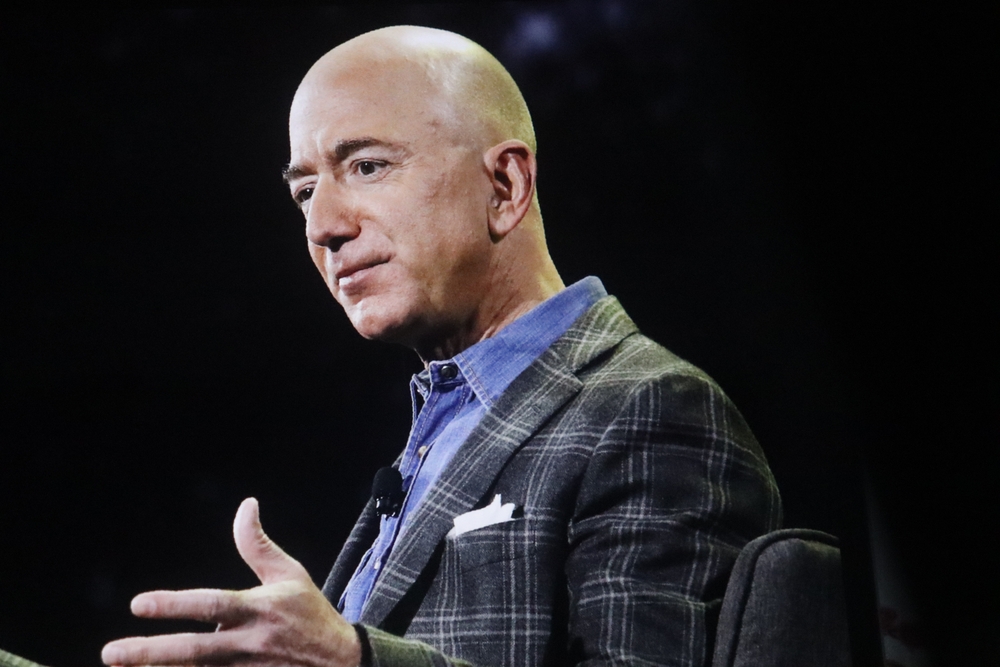Amazon founder and Blue Origin CEO Jeff Bezos has outlined an ambitious vision for the future of digital infrastructure — gigawatt-scale data centres in space. Speaking at Italian Tech Week, Bezos said he believes such facilities could become operational within the next 10 to 20 years, powered entirely by uninterrupted solar energy in Earth’s orbit.
Bezos described space as the ideal environment for the growing energy demands of artificial intelligence and cloud computing, noting that terrestrial data centres are reaching their environmental and power limits.
“There’s no cloud cover, no weather, and constant sunlight. Energy in space is effectively unlimited,” Bezos told attendees.
Energy Demand Driving a Shift Beyond Earth
With AI workloads expanding rapidly, the energy footprint of global data infrastructure continues to rise. Bezos argued that space-based data centres could help offset Earth’s carbon and power constraints by harnessing the limitless solar energy available in orbit.
He added that as rocket launch costs decline and reusable spacecraft become more efficient, operating large-scale digital facilities in space could soon be economically viable.
Companies such as Blue Origin and SpaceX are already making orbital deployments cheaper, paving the way for what Bezos describes as a new era of off-world industry.
A Vision of Off-Earth Industry
Bezos has long advocated for moving heavy industry and energy production off Earth to protect the planet’s environment. His latest concept — orbital data centres — aligns with that philosophy, enabling power-intensive computing to take place beyond Earth’s atmosphere.
These data hubs could be connected to Earth through high-speed laser communication systems, providing seamless access to cloud resources without terrestrial energy burdens.
Analysts Highlight Challenges and Opportunities
Industry experts say the idea could revolutionize cloud computing while raising new questions around data sovereignty, latency, and cybersecurity.
Relocating digital infrastructure to orbit would require breakthroughs in energy storage, autonomous maintenance, and cooling technologies, but Bezos believes progress in these areas is accelerating fast.
“Technological advancements in solar power and automation could make space data centres viable much sooner than we think,” he added.

